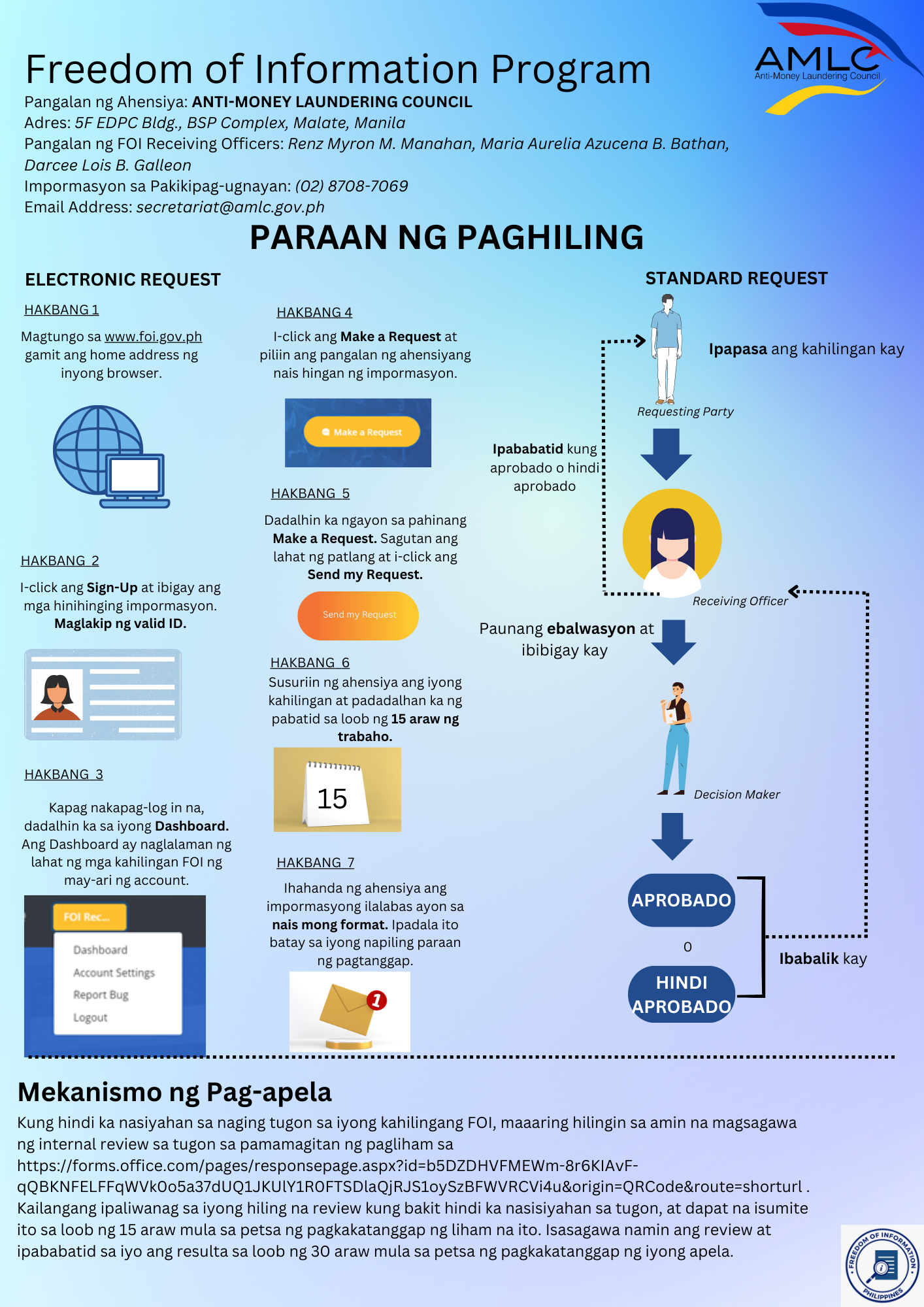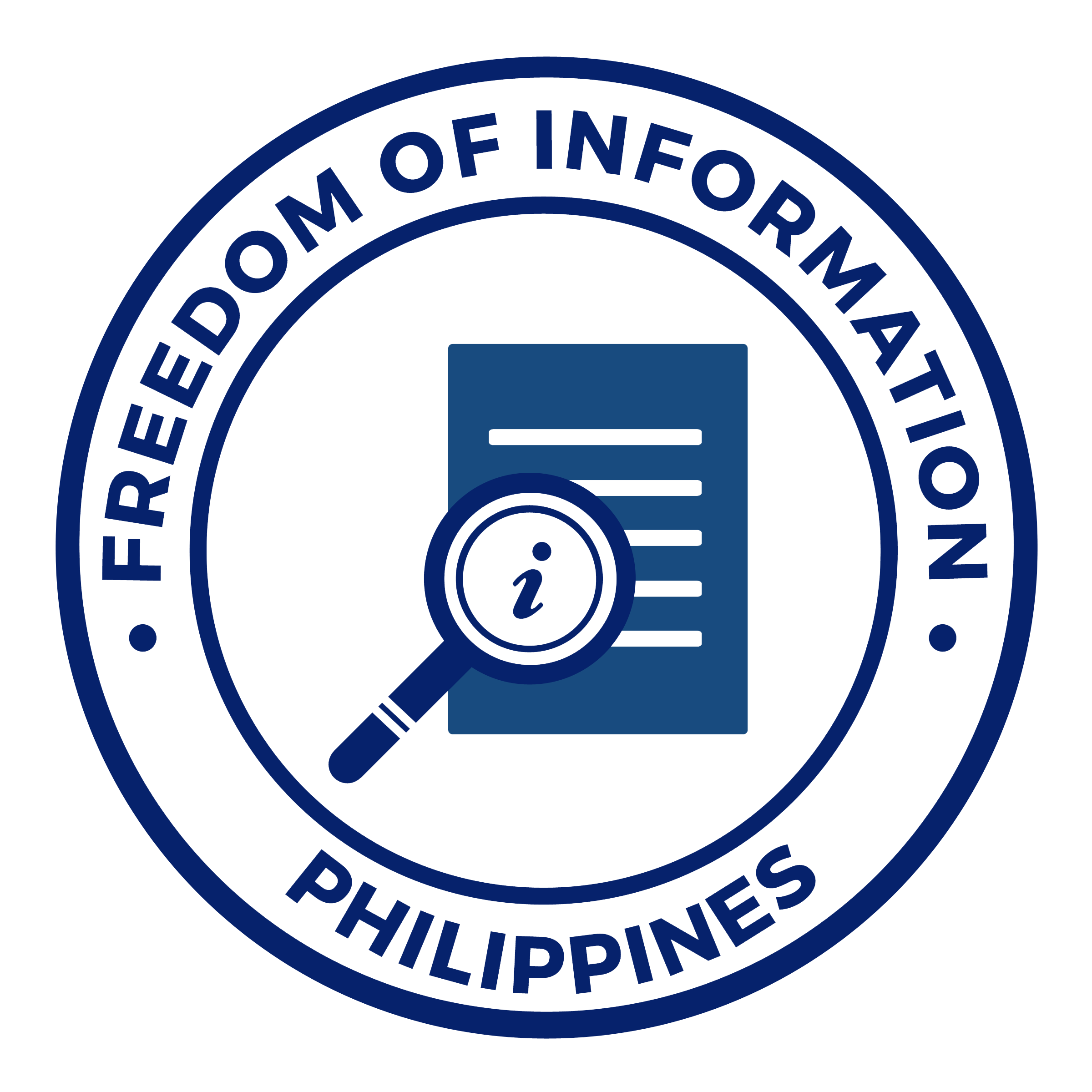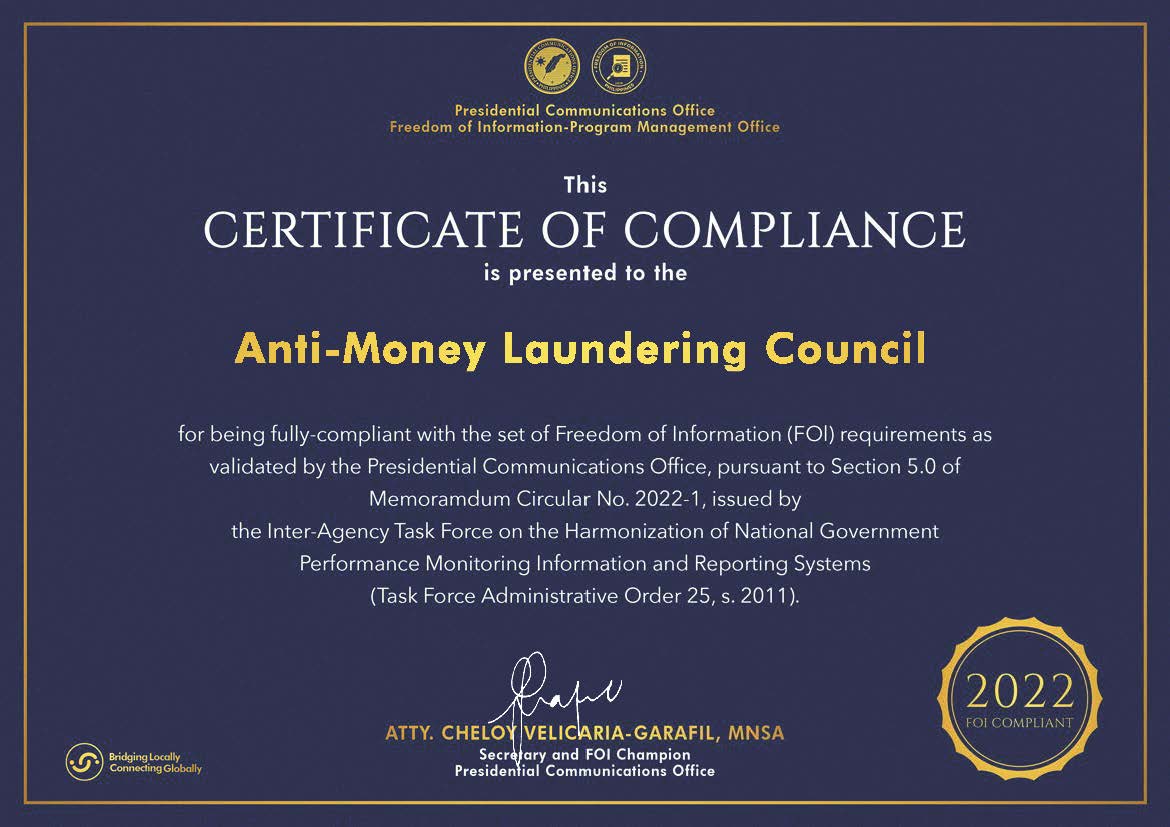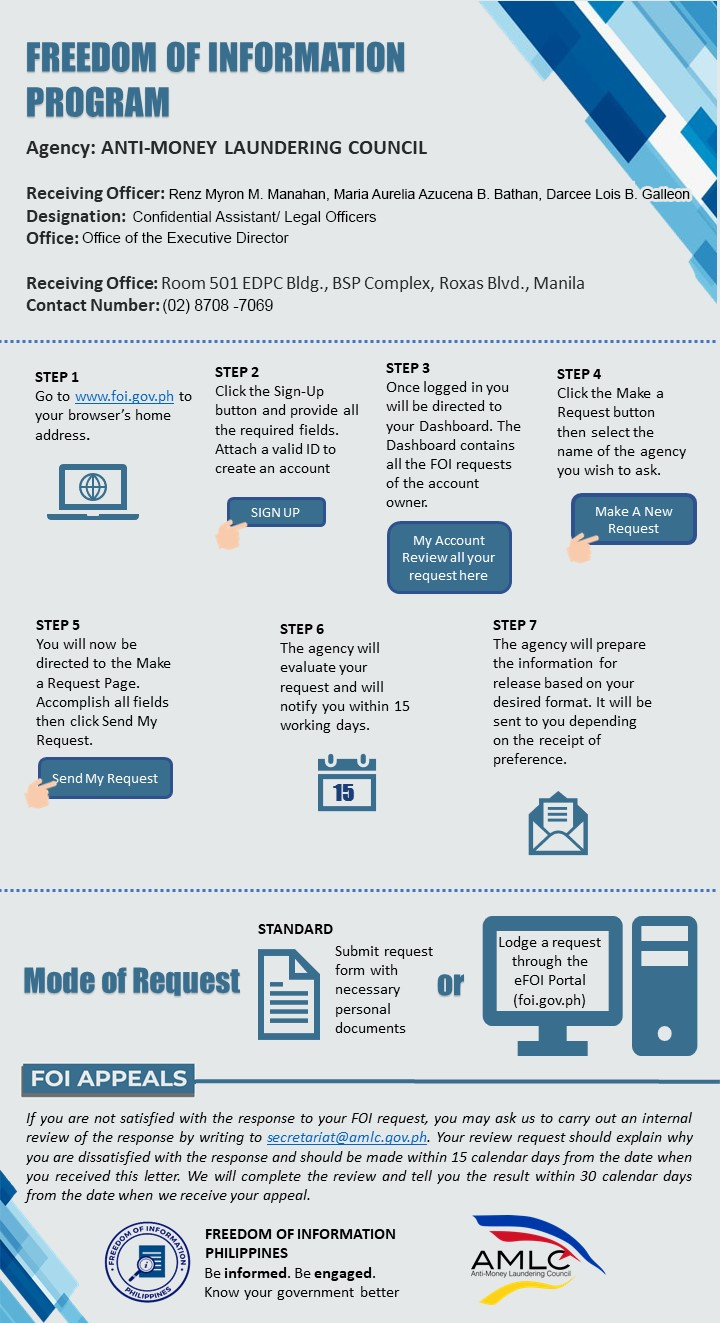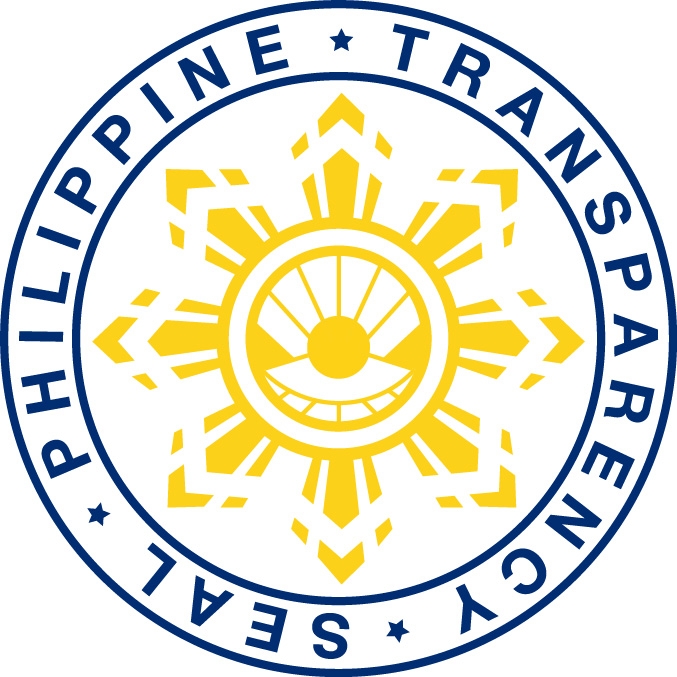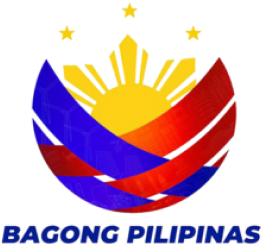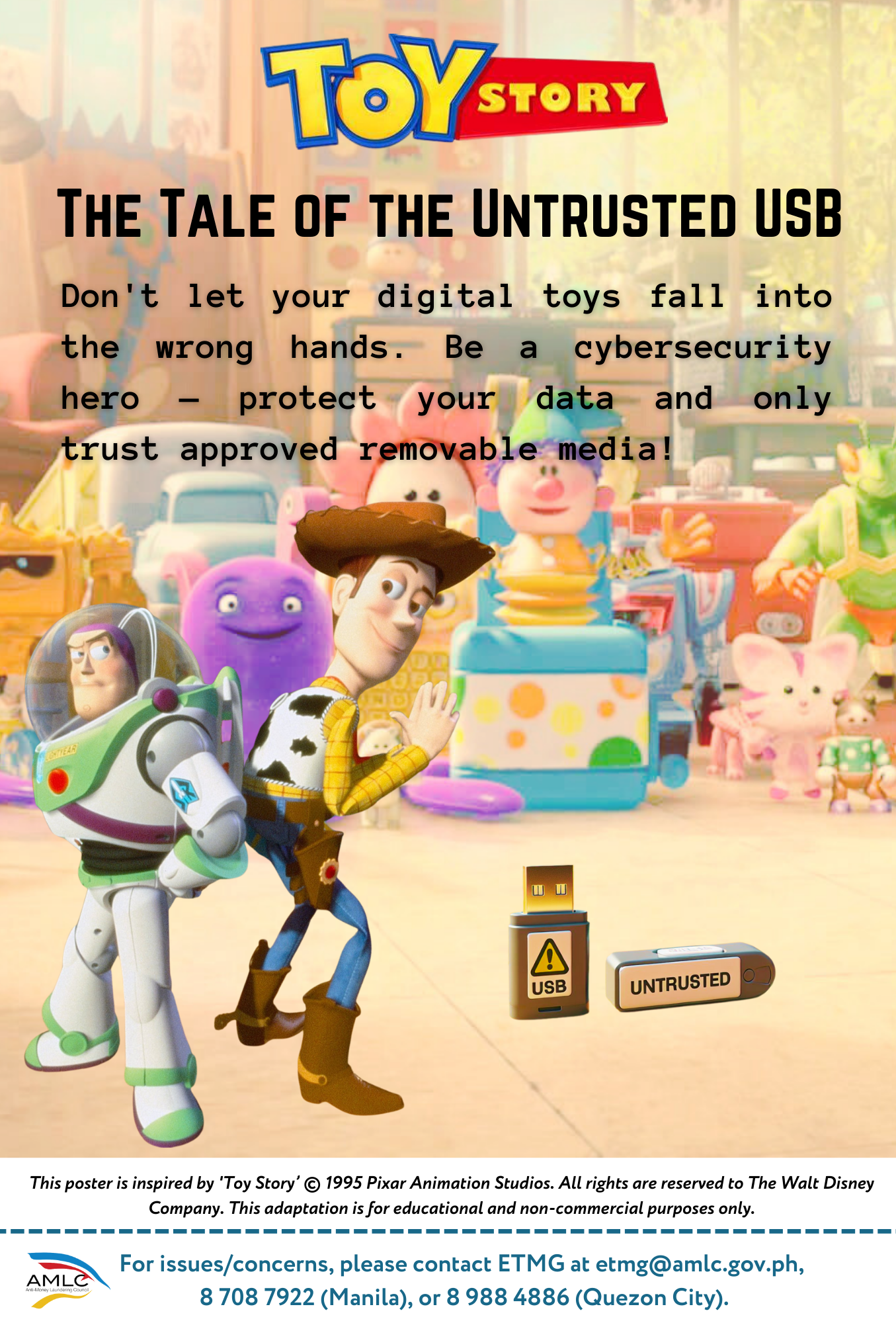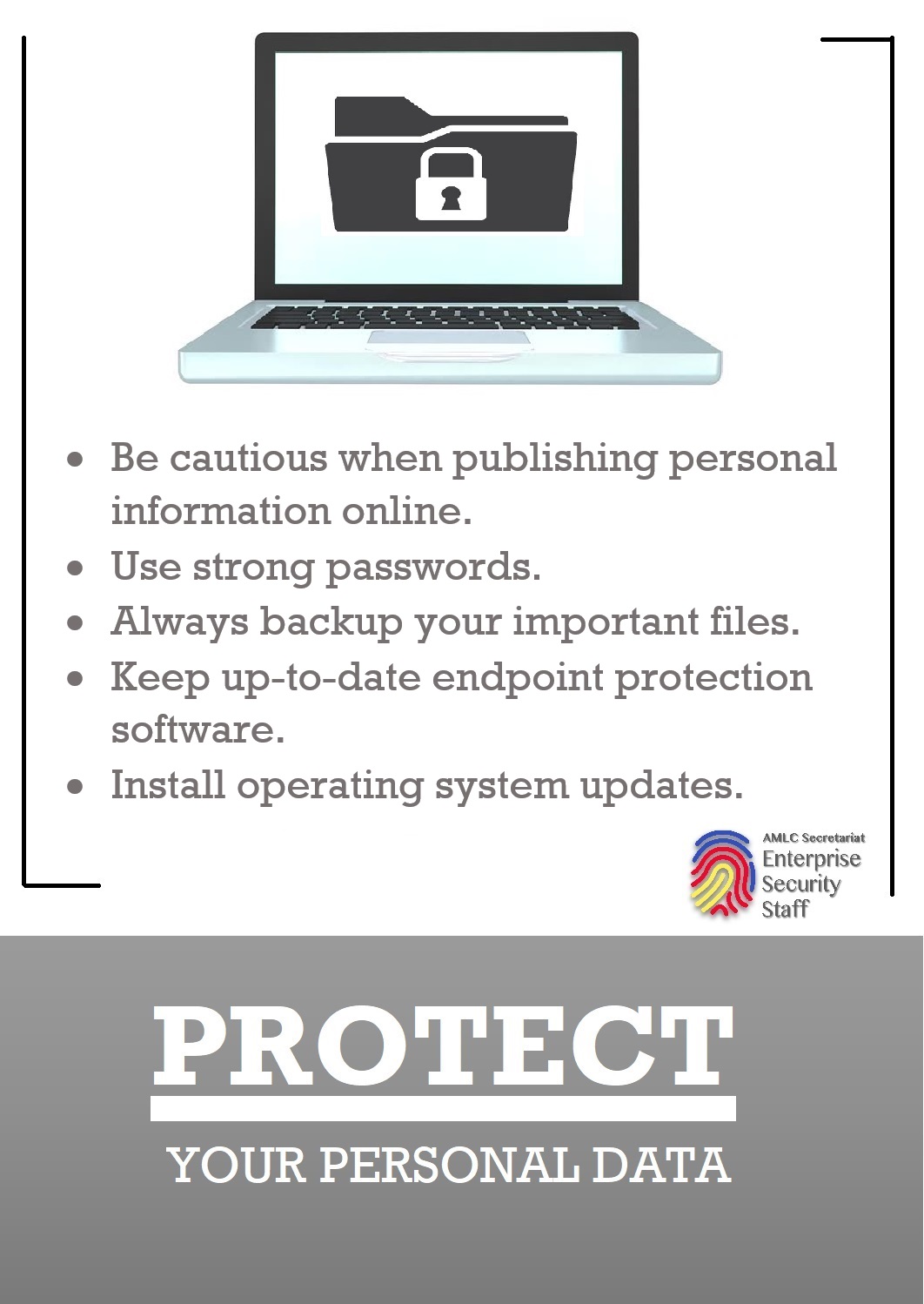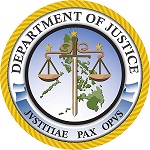Advisory: Registration/Reporting Guidelines Effective on 04 January 2018
On 05 December 2017, the “AMLC Registration and Reporting Guidelines” (ARRG) was published in the Business World, a newspaper of general circulation, and filed with the Office of the National Administrative Register at the University of the Philippines Law Center.
The ARRG would take effect thirty (30) days from publication and filing, or on 04 January 2018. The requirements for the Uploading of Know-Your-Customer (KYC) Documents and the Uploading of Electronic Returns (E-Returns) for freeze orders shall take effect on the first banking day of January 2018.
Click this link to download the pdf copy of the ARRG.


 REVISED 2 3.jpg)

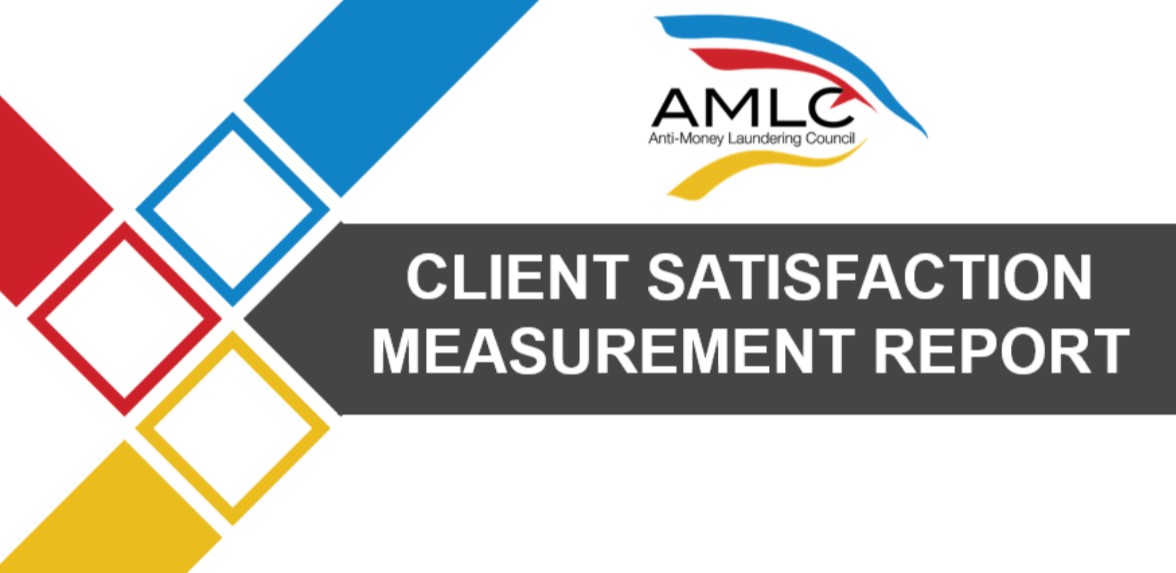 2024 (First Edition)
2024 (First Edition)